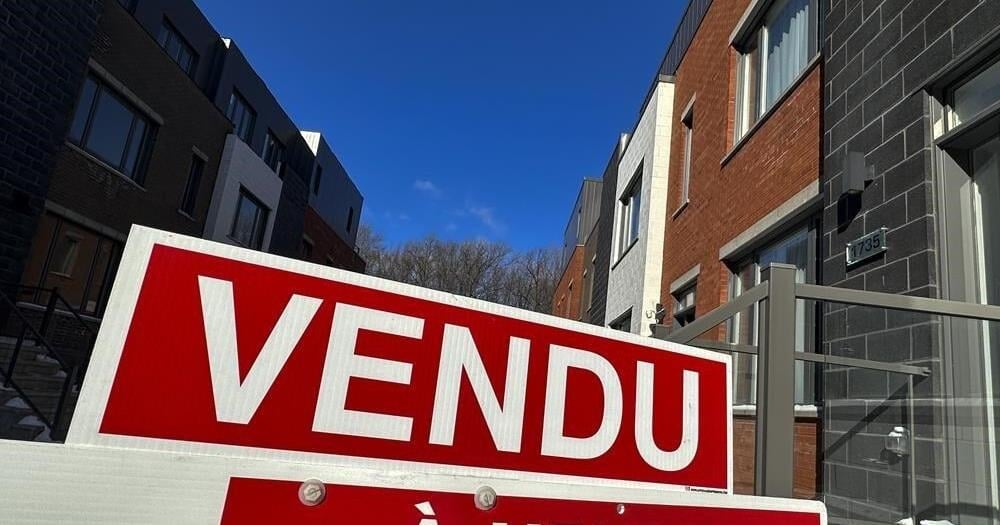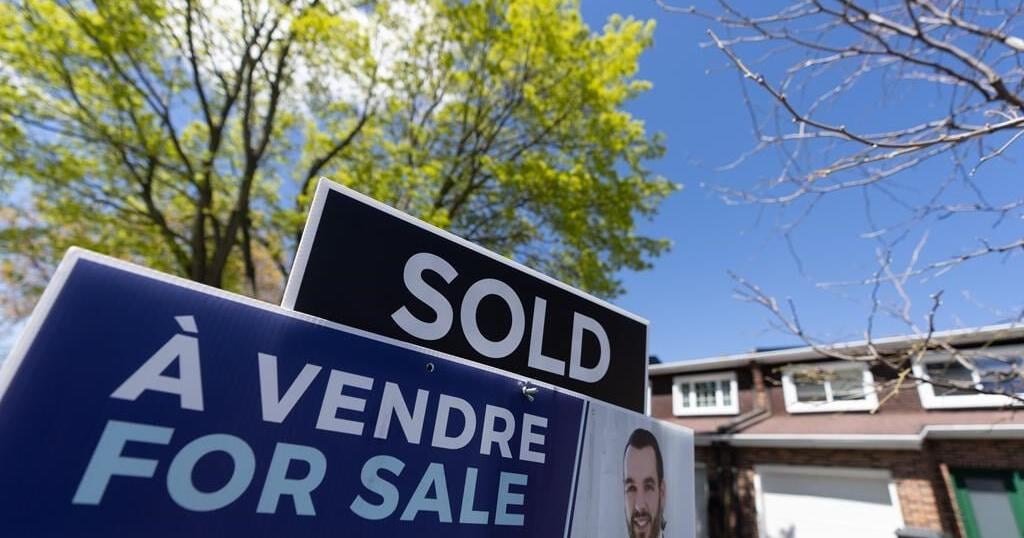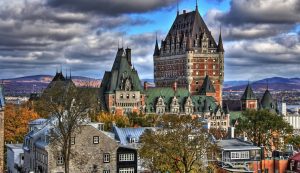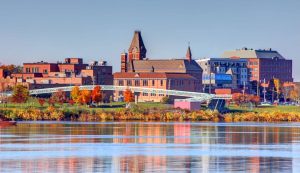Blockchain application has now reached a pinnacle point, as industries, including the likes of banking, financial services, governance, insurance, media, and supply chain management, among others, now realize the capabilities blockchain holds.
The now widespread adoption of blockchain applications in some of the world’s most lucrative industries comes as no ordinary occurrence.
The inception of blockchain mostly took off in late 2008 or early 2009 after it was created by a person – or group – using the pseudonym Satoshi Nakamoto. Although this may be the case, the blockchain we know today came a long time before Nakamoto and Bitcoin.
In 1982, David Chaum, a then-doctoral candidate at the University of California at Berkeley, outlined what came to be known as a blockchain database in his dissertation “Computer Systems Established, Maintained, and Trusted by Mutually Suspicious Groups.”
Whether you support team Nakamoto or team Chaum, the use and application of blockchain technology has found itself in a profound position within the last few years, seeing mass adoption among businesses and, more recently, consumers.
Yet, while blockchain can now be found in everything from retail, telecommunications, mining, and manufacturing, the next phase of its development within the greater global economy has been its introduction into the real estate and property management industry.
Blockchain in real estate
For several decades, real estate and property management have been operating on a tediously outdated system that required an endless list of intermediaries, costing buyers, sellers, and investors a pretty penny to finalize their transactions.
In a recently published MSCI Report, the professionally managed global real estate investment market was estimated at more than $11.4 trillion in 2021, up from the reported $10.5 trillion in 2020.
You’d think an industry of this size, which constitutes a sizable portion of the global economic asset and transaction activity, would have seen a faster transition toward blockchain technology.
Though the adoption thereof has been marginally slow, recent developments have revealed some promising and practical solutions that could help revolutionize how the real estate industry can offer buyers, sellers, and stakeholders better accessibility and transparency.
Increased transaction security
Real estate transactions are known to be painstakingly slow, requiring deep pockets and a slew of resources to help finalize the deal. Blockchain-based property platforms can help to simplify the entire process, from searching for a property to eliminating any fraudulent activities that may jeopardize the transaction.
With blockchain, real estate companies and investment firms can seamlessly scan documents for any inaccuracies within an application. Historical data can be traced and used upon current application to help determine whether any information has been falsified or inaccurately presented.
It’s estimated that in the second half of 2021, around 1 out of 120 mortgage applications contained fraud. Allowing for data and transaction details to be stored on a digital ledger, real estate agencies, and stakeholders will be able to remove the risk factor, creating safer, easier, and more affordable methods.
The use of smart contracts
As part of creating a safe and transparent environment for all stakeholders throughout the transaction process, blockchain enables realtors, buyers, and sellers to utilize smart contracts to help speed up the selling or buying process.
Having smart contacts eliminates intermediaries, helping to save both time and money. With smart contracts, blockchain technology will be able to automate real estate transactions, title searches, and escrow services. Additionally, buyers and investors will be able to review historical data related to the property, such as previous owners, tenants, and the physical changes that have been made on the property.
Companies that manage rental properties will also be able to back-check tenant information such as financial statements, work history, and previous lease contracts to ensure applicants comply with outlined requirements.
Smart contracts are a simplified way to keep important information in one secure digital ledger, only allowing stakeholders access to the data and making it easier for involved parties to finalize real estate transactions.
Tokenizing property and real estate
A key element of blockchain technology is the digitization of securities, in this case often referred to as tokenization. With this, certain real-world assets and securities can be tokenized into a digital format, which can then be distributed to investors and transferred to certain counterparties.
Allowing for the tokenization of property and real estate, the industry is not only allowing it to become more democratized and accessible to a larger pool of interested buyers but also making digital assets more customized to meet investor and stakeholder needs.
Having real estate become tokenized makes it easier to spread the assets across several pools of investors while at the same time tapping into secondary market opportunities. What this means is that issuance can be completed faster, helping to speed up the exchange process and administering financial components such as payouts or dividends to involved stakeholders.
Increases real estate liquidity
The current market turbulence, which is mostly fueled by inflationary listing prices and soaring interest rates, means that there are not always buyers or sellers available in the market.
Though many people tend to sell liquidity to the bank in times of economic uncertainty, the use of blockchain could mean that individuals could sell off a percentage of their home’s equity in the form of tokens. We’ve previously discussed the tokenization of real estate, and in this case, it provides an alternative investment opportunity between a pool of investors.
Already we see how blockchain is making real-world real estate more digital and tokenized due to the introduction of Web 3.0 capabilities. Recently, a home in Columbia, South Carolina, was sold for $175,000 to a real estate investor via a non-fungible token (NFT) through a subsidiary Roofstock Chain.
The sale marked the first NFT-based residential home sale in the U.S., which required several layers of blockchain players to reach completion.
This is a simple example of how real estate, whether it’s commercial or residential, can be digitized and more streamlined to help increase its equity value and attract a larger pool of investors.
Final thoughts
Blockchain technology proves to be a diverse, versatile, and multi-layered addition to the real estate industry that could potentially improve the security, transparency, and accessibility of real estate to a larger pool of investors, buyers, and sellers.
Although there is still a lot of development required for more practical and logical integration within the greater real estate industry, it’s already proven to become a successful addition to a global industry that sees trillions of dollars in annual asset transactions being moved across the world.
On a smaller scale, realtors and real estate companies could implement alternative practices that help to provide more steadfast solutions. This would not only improve the transaction process but allow for a safer and streamlined industry, making real estate a democratized asset on a global scale.
Featured Image Credit: Photo by Karolina Grabowska; Pexels; Thank you!
CEO of Valuewalk
I am the founder and CEO of ValueWalk a popular investing site. Before working at ValueWalk full time, I was as a stock analyst first at a micro-cap focused private equity firm. After that, I worked as a stock analyst at a small and mid cap focused research shop. Following that, I worked in business development for hedge funds.
Despite having an investing background, I am fascinated by tech and am currently working on a few tech related apps. Stay tuned for some news on that!
I live with my wife and four kids in Passaic New Jersey.
Source link
Related


































